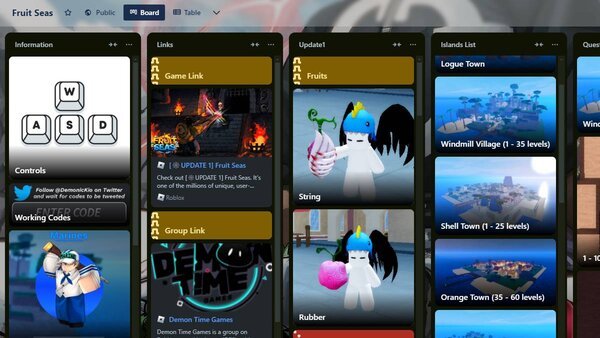Oblivity Free: Embracing Awareness in a World of Information
In today’s hyper-connected world, information bombards us from every corner. News alerts ping on our phones, social media feeds overflow with content, and the internet offers a seemingly endless well of data. While access to information has undoubtedly empowered us, it has also introduced a new challenge: information overload. This constant barrage can lead to a state of oblivity, a deliberate or unintentional ignorance of important information.
What is Oblivity?
Oblivity refers to a lack of awareness or knowledge. It can be intentional, where someone chooses to remain ignorant of a particular topic. However, in the context of information overload, oblivity often becomes unintentional. We simply become overwhelmed by the sheer volume of information and struggle to discern what’s truly important.
There’s a certain allure to ignorance. It can feel easier to blissfully avoid complex issues or uncomfortable truths. However, this avoidance comes at a cost.
The Dangers of Unintentional Oblivity
Unintentional oblivity can lead to several negative consequences. We may make uninformed decisions, become susceptible to manipulation, or miss out on valuable opportunities. For instance, staying oblivious to financial literacy concepts could leave you vulnerable to predatory lending practices. Similarly, lacking awareness of political issues could hinder your ability to participate effectively in civic discourse.
The rise of information overload further exacerbates the dangers of oblivity.
The Rise of Information Overload
The digital age has ushered in an era of unprecedented information access. We have news outlets competing for our attention 24/7, social media algorithms creating echo chambers, and an endless stream of online content vying for our clicks. This constant influx of data can be overwhelming, making it difficult to focus on what truly matters.
The Constant Stream of Data
Imagine a fire hose constantly spraying information at you. That’s what information overload can feel like. News notifications, social media updates, and email alerts bombard us with a constant stream of data, making it challenging to process and retain any of it effectively.
The Attention Economy and Filter Bubbles
The internet operates within an “attention economy,” where platforms compete for our limited attention span. Algorithms are designed to keep us engaged, often by feeding us content that confirms our existing biases. This creates “filter bubbles,” where we are primarily exposed to information that aligns with our pre-existing beliefs, further hindering our ability to develop a well-rounded understanding of the world.
So, how can we navigate this information landscape and cultivate an “oblivity-free” life?
Cultivating Oblivity-Free Living
Living oblivity-free isn’t about memorizing every fact or becoming an information hoarder. It’s about developing the skills to navigate the information superhighway effectively. Here are some key strategies:
Developing Information Literacy Skills
The first step towards oblivity-free living is honing your information literacy skills. This involves learning how to evaluate sources, identify bias, and fact-check information.
- Evaluating Sources: Not all sources are created equal. Learn to distinguish credible sources, such as reputable news outlets and scholarly journals, from unreliable ones like clickbait websites and anonymous social media posts.
- Identifying Bias: Everyone has biases, including news outlets and content creators. Learn to recognize bias and consider how it might influence the information being presented.
- Fact-Checking and Verification: Don’t take everything you read at face value. Develop the habit of fact-checking information, especially on controversial topics. Utilize reputable fact-checking websites and consult






